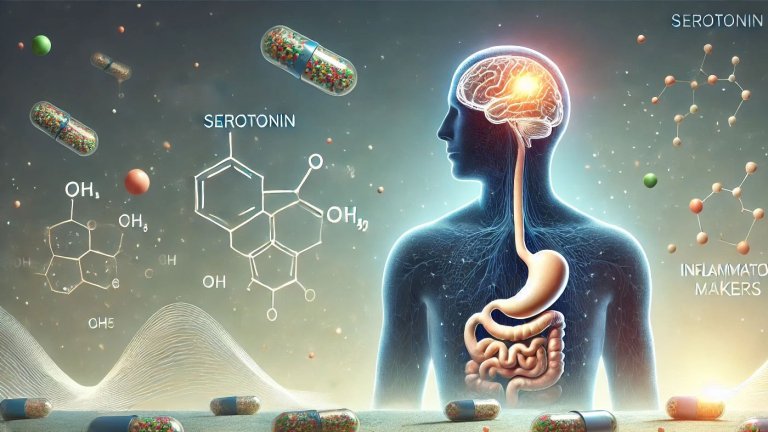Uncovering the Significant Suicide Risk Associated With Gender Affirmation Surgeries
With the increasing acceptance and prevalence of gender affirmation surgeries, a recent study has revealed a concerning trend: transgender individuals who undergo these procedures are at a higher risk of suicide or self-harm afterwards. This study examined data from over 90 million patients across the United States to understand the connection between gender affirmation surgeries and mental health. The researchers analyzed information from February 2003 to February 2023.
They divided the participants into four groups:
- Group A: adults who had gender-affirming surgery and later visited the emergency department.
- Group B: adults who visited the emergency department but did not have gender-affirming surgery.
- Group C: adults who visited the emergency department and underwent other types of surgeries, such as tubal ligation or vasectomy, but not gender-affirming surgery.
- Group D: a comparison group of individuals with pharyngitis.
After analyzing the data and comparing different mental health markers, such as suicide attempts and self-harm, the researchers made a troubling discovery. Those who had gender-affirming surgery were over 12 times more likely to attempt suicide compared to those who did not have the surgery. This risk remained even after compared with people who had other surgeries like tubal ligation or vasectomy.
The study's conclusion is clear: while gender affirmation surgeries can be helpful for a small number of people with genuine gender dysphoria, there is a significant risk involved. It's crucial in today’s world to carefully consider whether these surgeries will be truly beneficial for each patient and to provide ongoing support for their mental health afterwards.






